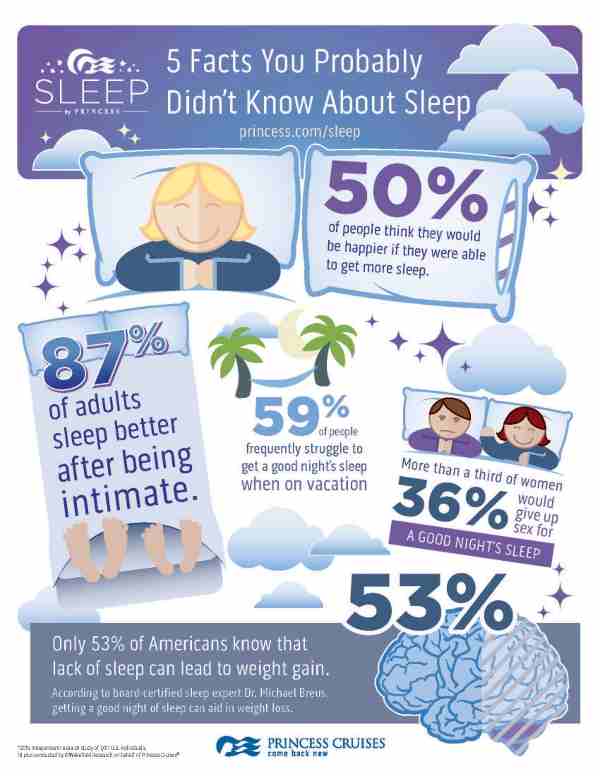Teens Are Sleep-Deprived and Stressed: New Report
American teens say they are not getting enough sleep and they are feeling the weight of stress according to a teen-led research study of nearly 1,000 youth ages 13 to 19.
The news comes as part of the Teens Take on Health report released Wednesday by National 4-H Council and Molina Healthcare at the 4-H Congressional Breakfast on Capitol Hill.
The report is the culmination of a teen-led, health-focused research initiative that spanned 15 months.
[ Also Read: Mercedes-Benz Teaches Teens to be Safer Drivers ]
According to the report, American teens are thinking just as much about their emotional and mental health as they are about their physical health, indicating they see health as holistic—mind, body and soul.
Other key report insights include:
- Obesity is top of mind for American youth, just as it is top of mind for health providers, public health officials and parents. Teens said they knew they and their families needed to eat healthier, drink more water and exercise more to prevent and reduce obesity.
- Youth are paying attention to health care access issues. Teens were also sophisticated enough to recognize that they and their families needed access to health care, that health care costs are high and that health insurance is important. Notably, teens also recognized that policymakers played an important role in supporting them, their families and their communities in their efforts to live healthier.
- Youth are sleep-deprived and stressed. Perhaps one of the most resounding themes, which emerged across all racial, ethnic and economic groups, is that teens reported they weren’t getting enough sleep, needed help managing and reducing stress and were concerned about mental health needs in their communities.

To begin engaging teens on solutions to the sleep-stress-health problem raised in this report, National 4-H Council and Molina Healthcare convened about 100 teens at a Teens Take on Health Action Summit during National 4-H Conference on Saturday, April 5, 2014.
During the Action Summit, teens proposed school policy recommendations such as later school start time and time management classes in course curricula; public health guidelines focused on energy drink consumption among young; and programming and youth development solutions focused on timing for after-school and extracurricular programs.
💛 Support Independent Journalism
If you find RMN News useful, please consider supporting us.




